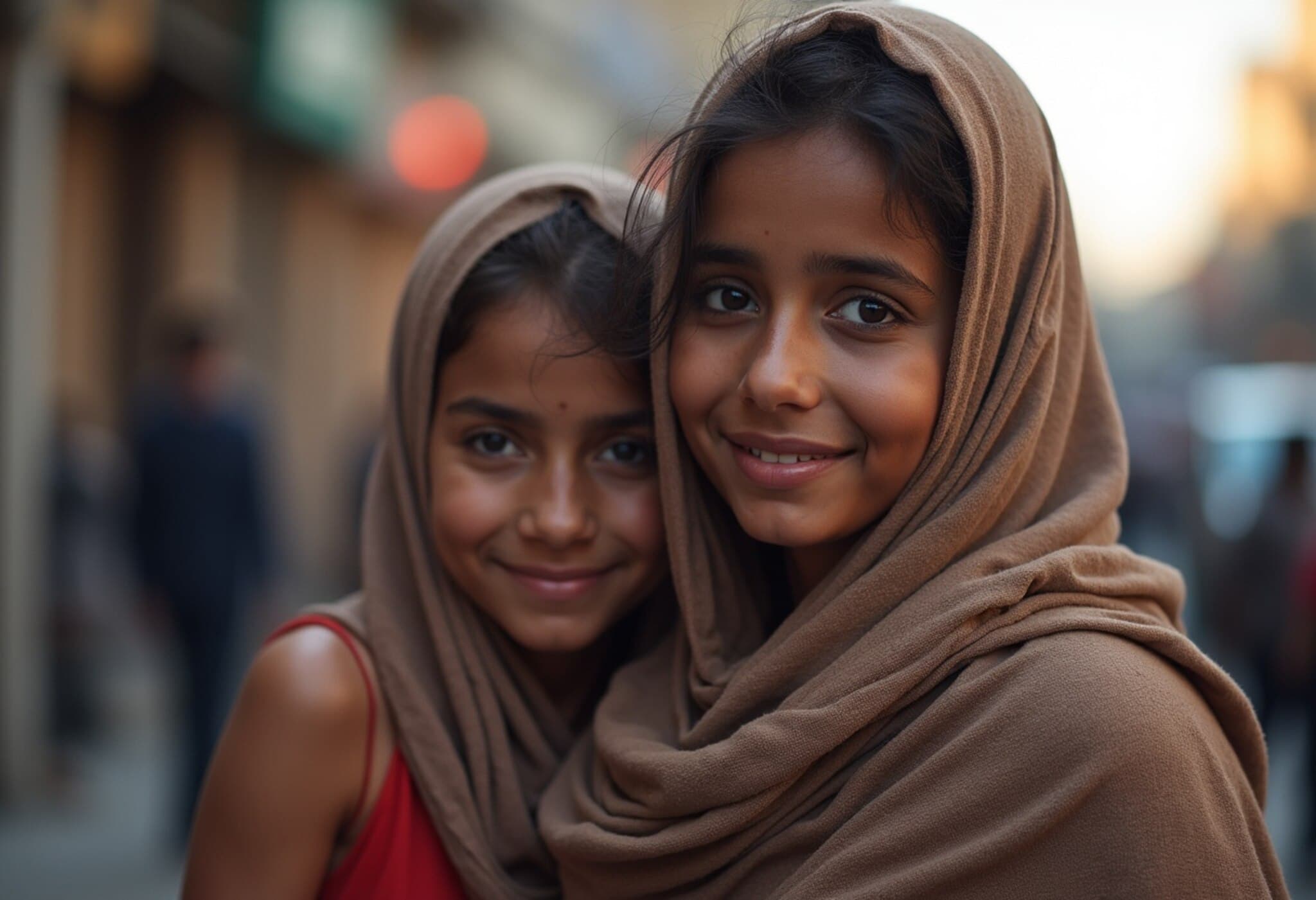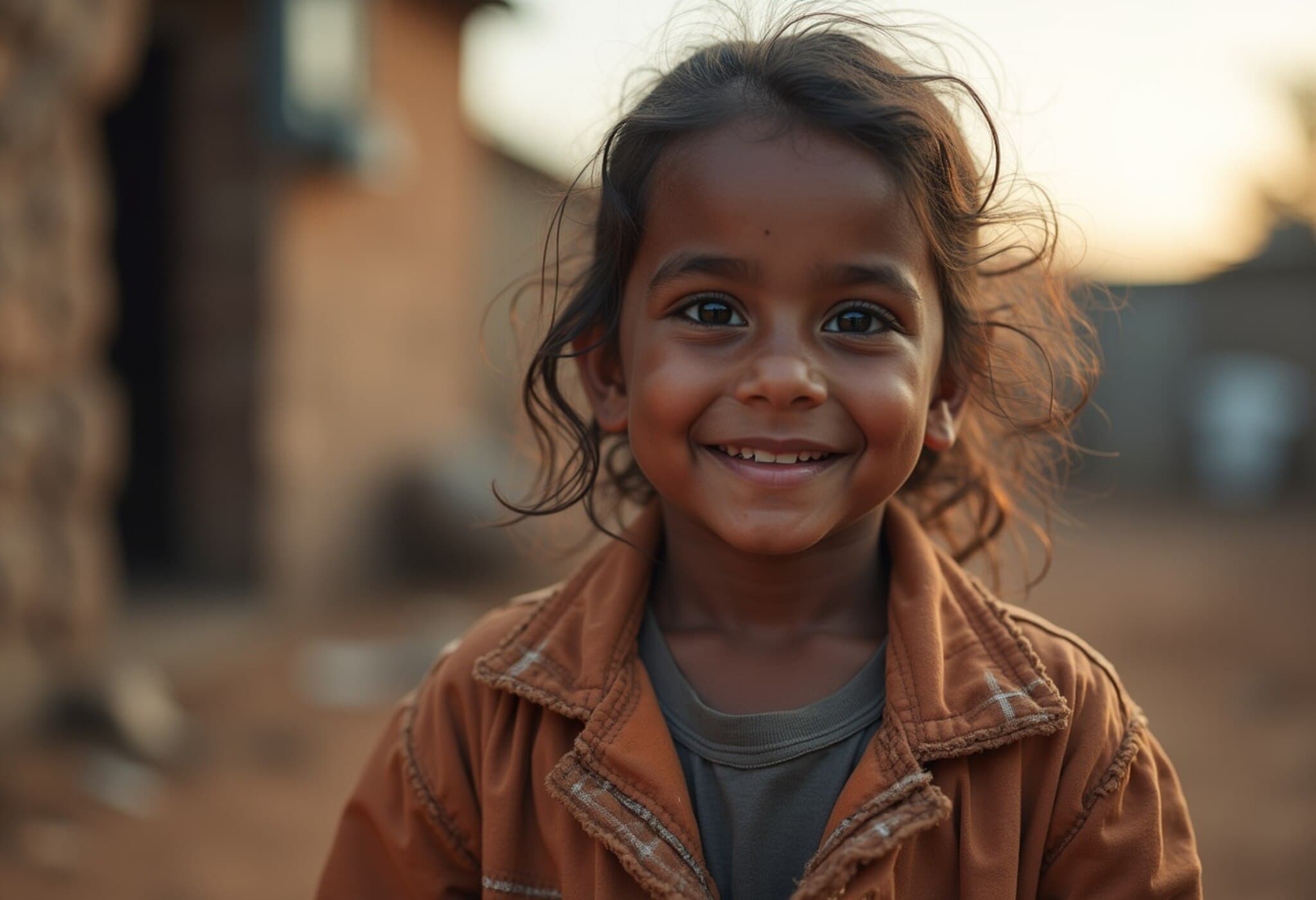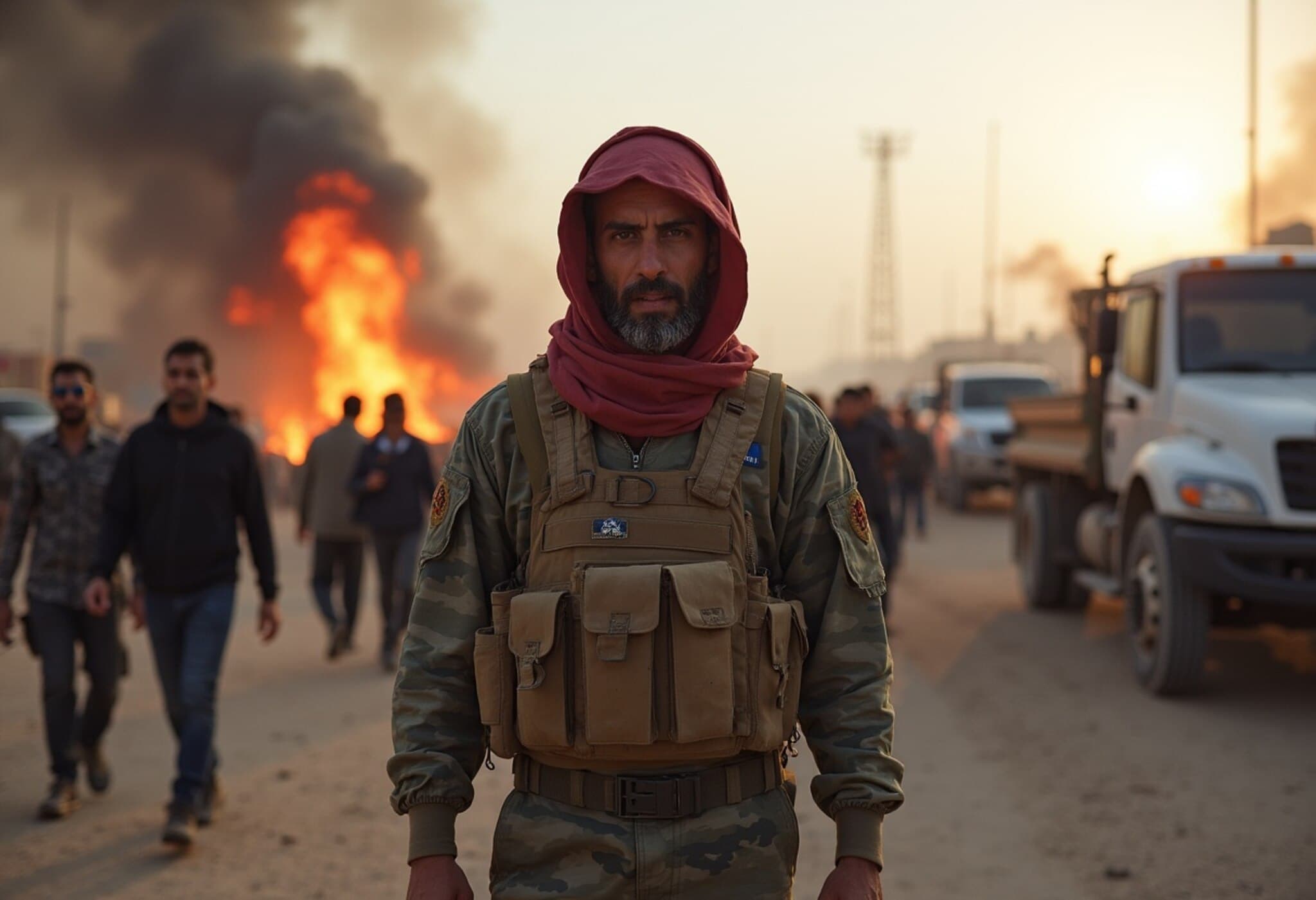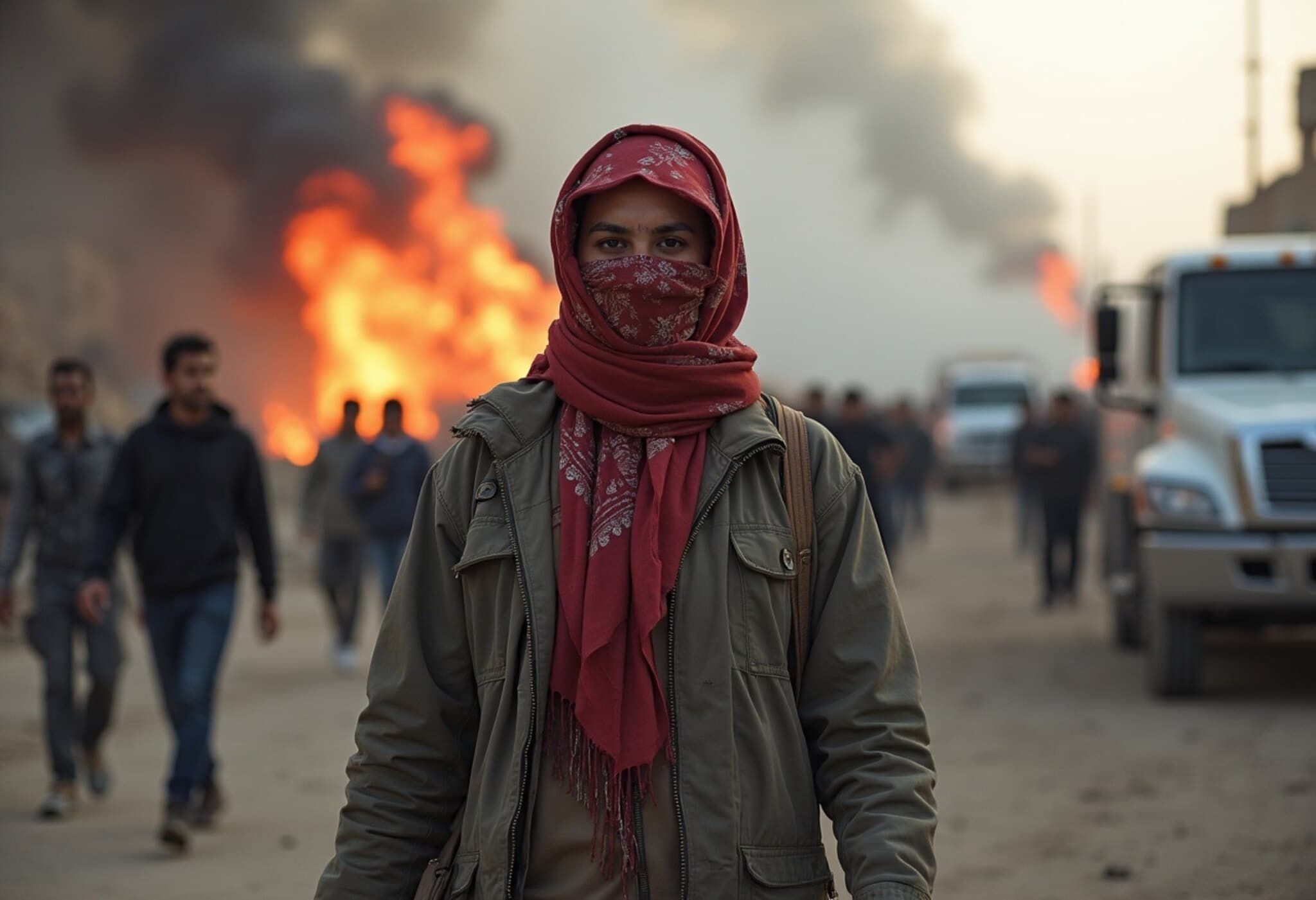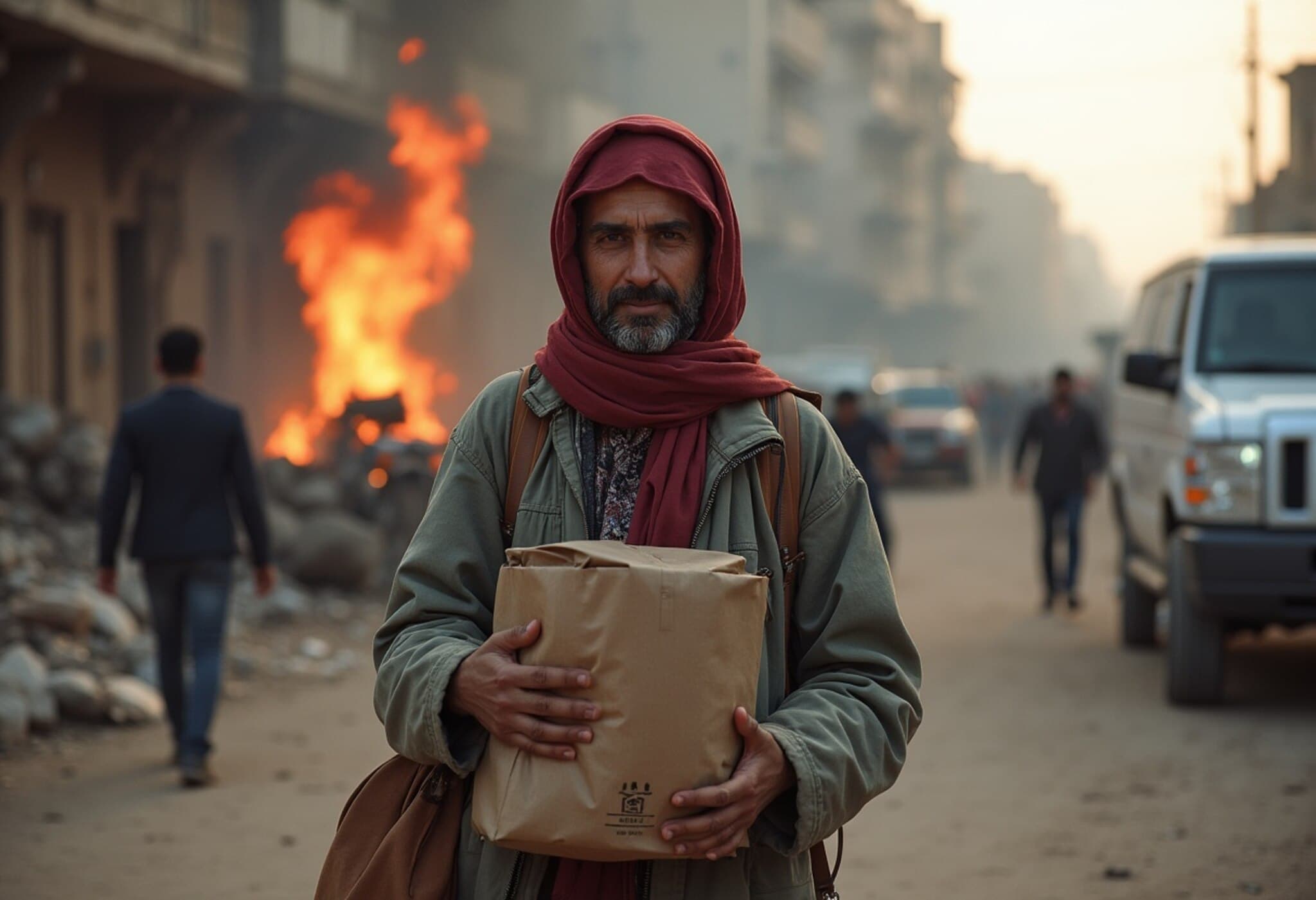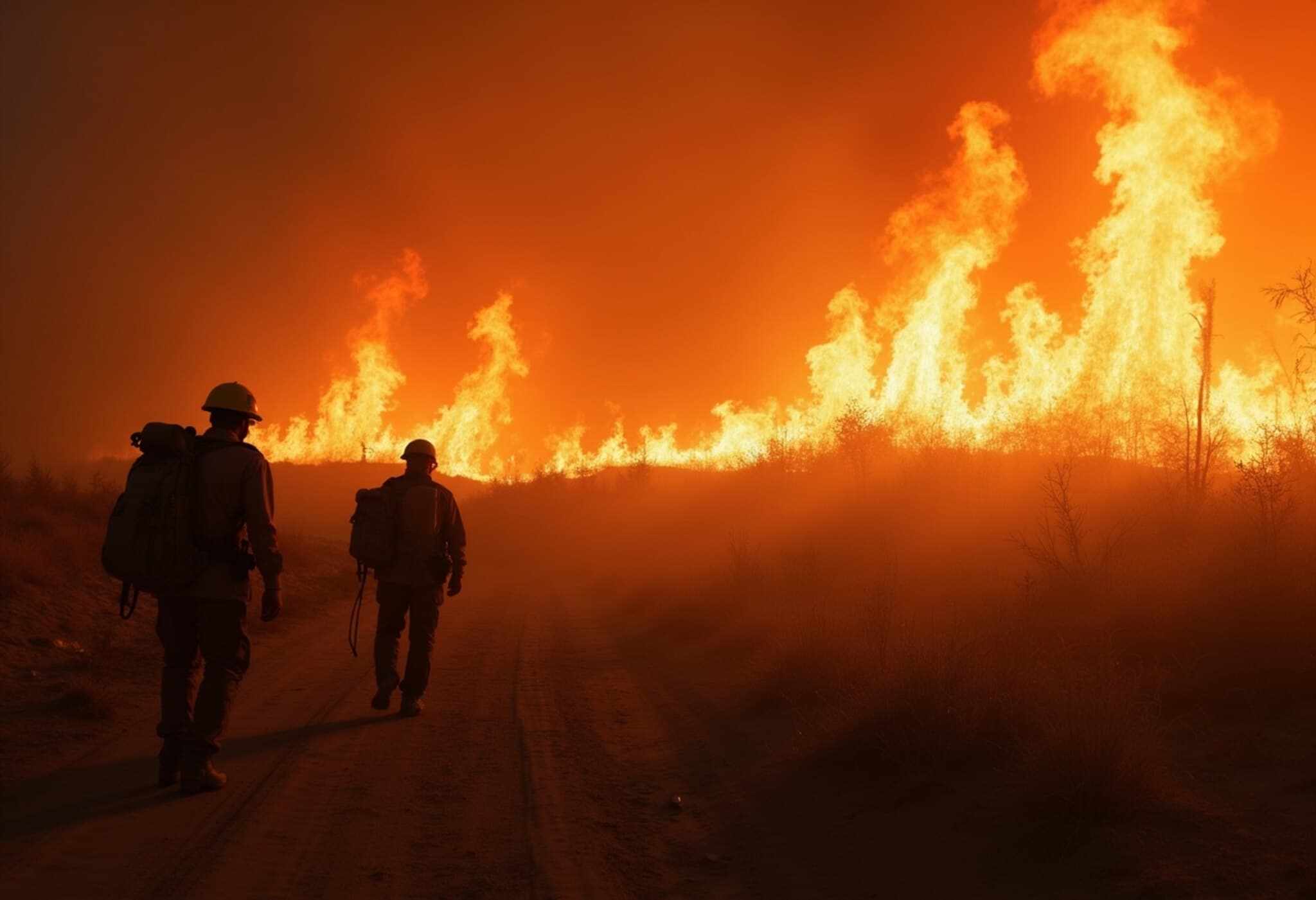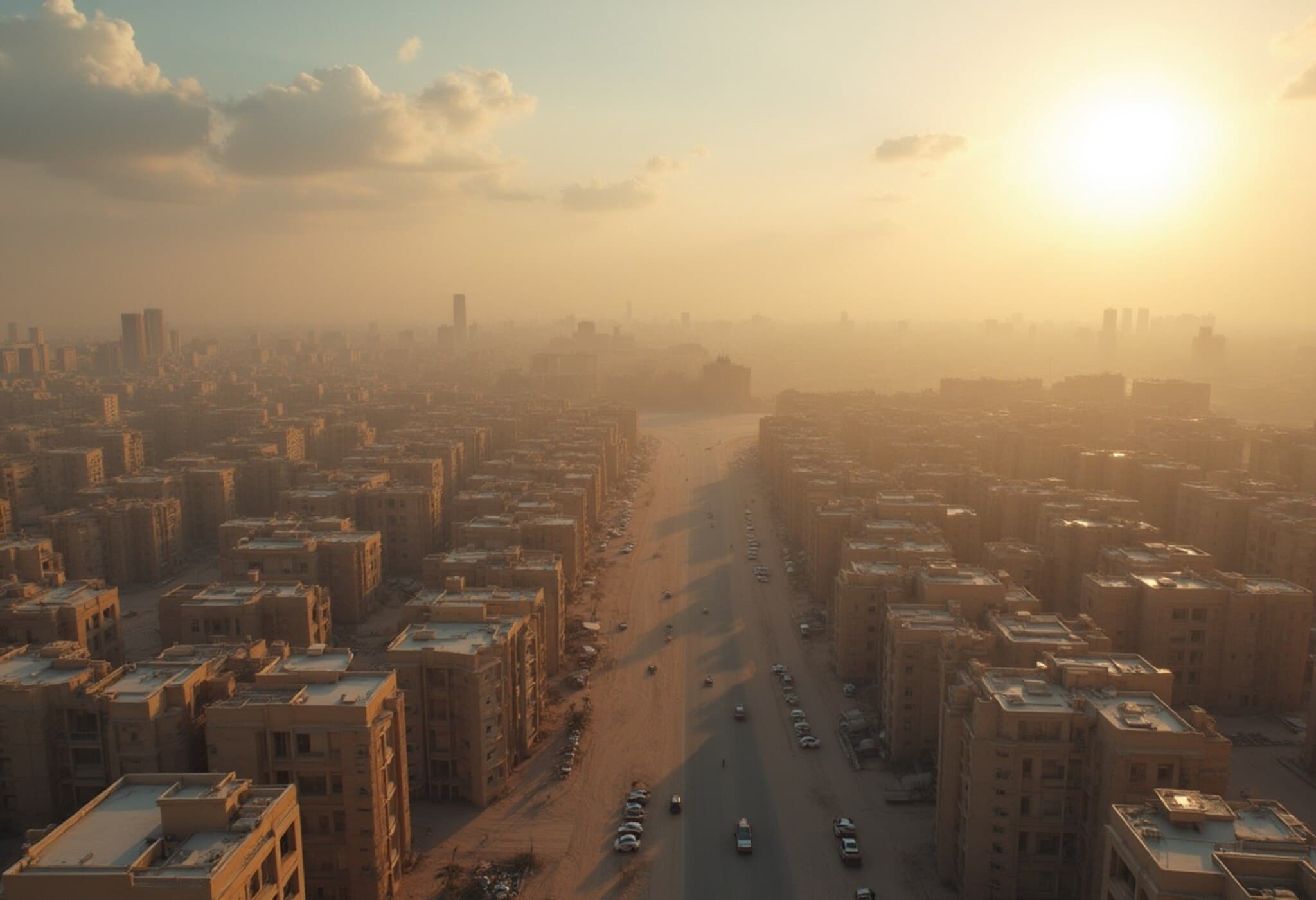Global Refugee Resettlement Faces Critical Challenge in 2026
As the world grapples with a rising number of displaced people, an estimated 2.5 million refugees will require resettlement in 2026. However, shrinking access to resettlement programs worldwide is casting a shadow over potential solutions.
Shifts in Resettlement Needs and Populations
The United Nations refugee agency reports a slight decrease from this year's projected 2.9 million refugees in need of resettlement. This decline largely stems from evolving conditions in Syria, prompting some refugees to voluntarily return home and attempt rebuilding their lives.
Key groups anticipated to seek resettlement include Afghans, Syrians, South Sudanese, Rohingya from Myanmar, and Congolese refugees. Major host countries from which these populations are likely to be relocated include Iran, Turkey, Pakistan, Ethiopia, and Uganda.
Resettlement Programs at a Historic Low
Despite persistent needs, global resettlement quotas are expected to plunge to levels unseen in over 20 years, even dipping below the constrained numbers recorded during the COVID-19 pandemic when many nations halted programs altogether.
A significant factor contributing to this downturn is the reduced commitment by the United States, traditionally the largest refugee resettlement nation. Following a halt to the resettlement program early in the year, the US has sharply limited its refugee intake, marking a stark policy shift from previous efforts.
However, the issue is not limited to one country; multiple nations are reportedly decreasing or modifying their resettlement quotas, further complicating prospects for those seeking safe havens.
The Urgent Need for Global Solidarity
Resettlement offers a vital alternative to perilous journeys undertaken by many refugees attempting to escape conflict and hardship. Experts emphasize the importance of sustaining and expanding these programs to prevent further human suffering.
The international community aims to resettle at least 120,000 refugees in 2026, a target grounded in recent successes. Last year, despite numerous obstacles, 116,000 refugees secured resettlement with support from global agencies.
Each available spot represents a lifeline for people fleeing violence and instability.
Rising Displacement Figures Highlight Growing Crisis
Displacement numbers continue to soar, with over 123 million people forcibly uprooted worldwide at the close of 2024. Some progress is seen as figures dipped slightly to 122.1 million by April 2025, primarily due to Syrians returning amidst shifting conditions in their homeland.
Still, the need for comprehensive, collaborative action remains urgent. Without expanded resettlement pathways, many refugees face uncertain futures as global access tightens.

